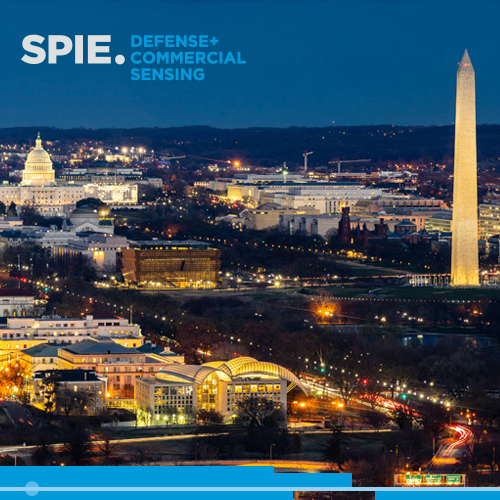Our Media corner
News & Events

Explore
223 results found
Press Releases
04/26/24
Passively Augmented LiDAR using Flash LiDAR Compressive Sensing
Press Releases
04/26/24
Propulsion Pathfinder Enabling Future TRSA and Hypersonic Missions
Press Releases
04/26/24